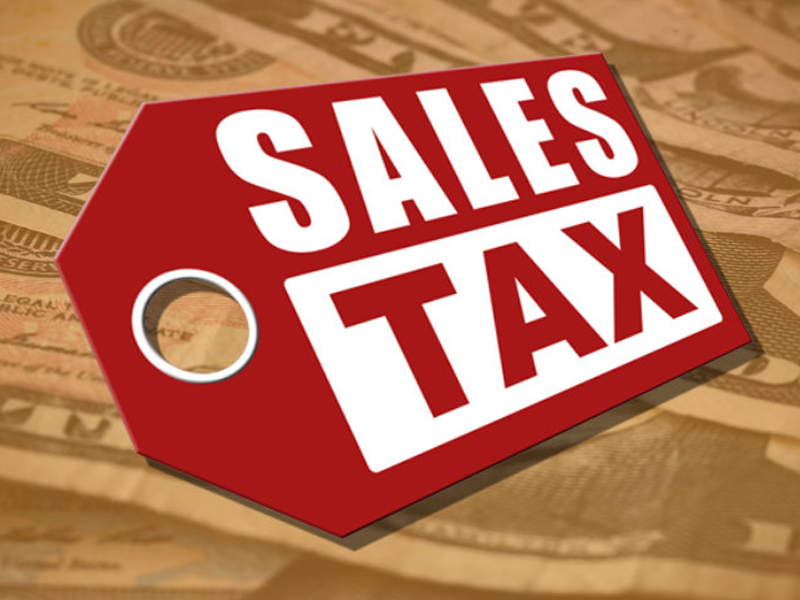Decipher intricacy to understand ‘Sales Tax on Tier-1 Retailer’

- 190
- 0
Managing your Sales Tax [ST] responsibilities and staying compliant can be daunting task. Law amendments are being observed from time to time. This brings complications for taxpayers to handle their tax compliances. This piece of article is prepared as general guide for benefit of our readers/clients and other interested persons to understand basic concept of sales tax with respect to Tier-1 retailers [T-1R]. Whether you are new to threshold of T-1R, this guide can help you stay compliant as your business grows.
Sales Tax is basically an indirect tax which is charged by sellers on supply of goods and services and ultimately borne by end consumers. Wherein, sellers collect Sales Tax and deposit in government treasury and act as ‘agent’/’intermediary’ to government under Section 3 of Sales Tax Act 1990 [Act]-charging section. In other words, it is “Consumption tax” because it’s only charged when buyer buys goods or services. Every person making taxable supplies is required to charge Sales Tax while making supplies/sales to customers including Tier-1 retailer.
Term ‘Tier-1 retailer’ [T-1R] was introduced through Finance Act, 2017 under Section 2(43A) of Sales Tax Act, 1990. Tier-1 Retailer means retailer falling in any one or more of following categories, namely retailer operating as unit of national or international chain of stores,
- a) retailer operating in an air-conditioned shopping mall, plaza or centre, excluding kiosks,
- b) retailer whose cumulative electricity bill during immediately preceding twelve consecutive months exceeds Rupees twelve hundred thousand,
- c) wholesaler-cum-retailer, engaged in bulk import and supply of consumer goods on wholesale basis to retailers as well as on retail basis to general body of consumers”,
- d) retailer, whose shop measures one thousand square feet in area or more or two thousand square feet in area or more in case of retailer of furniture,
- e) retailer who has acquired point of sale for accepting payment through debit or credit cards from banking companies or any other digital payment service provider authorised by State Bank of Pakistan and
- f) any other person or class of persons as prescribed by Federal Board of Revenue [FBR].
Tax on T-1R is charged under normal Value Addition Tax [VAT] regime and also required to be integrated with FBR online real time Point of Sales (POSs) system. Purpose was to integrate their POSs with computerised system of FBR to keep evident eye on their business sales, inventory, finance, accounts and other business operations. This integrated system is not only valuable for government but also significant for T-1R by complying with Sales Tax General Order (STGO) No.17 of 2022 read with STGO No 1 and No.9 of 2022 wherein, retailers enjoy tax benefit of adjusting input tax with their output tax under section 8B of Act. However, non-compliance of this order will result in reduction in input tax adjustment (i.e., disallowance) by 60 percent.
Besides, integration assists a T-1R to upload sale invoices and credit notes automatically to FBR servers which curtails expenditure cost of taxation services by automatic preparation of Sales Tax Return for local Tier-1 retailers. Further, in order to verify whether tax is deposited or not, is made easy with integration. This system accurately reports T-1Rs’ sales revenue to FBR which enhances business credibility.
Published in The Daily National Courier, February, 02 2023
Like Business on Facebook, follow @DailyNCourier on Twitter to stay informed and join in the conversation.

















































